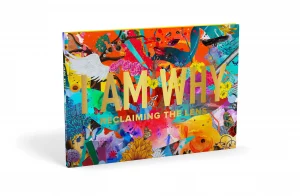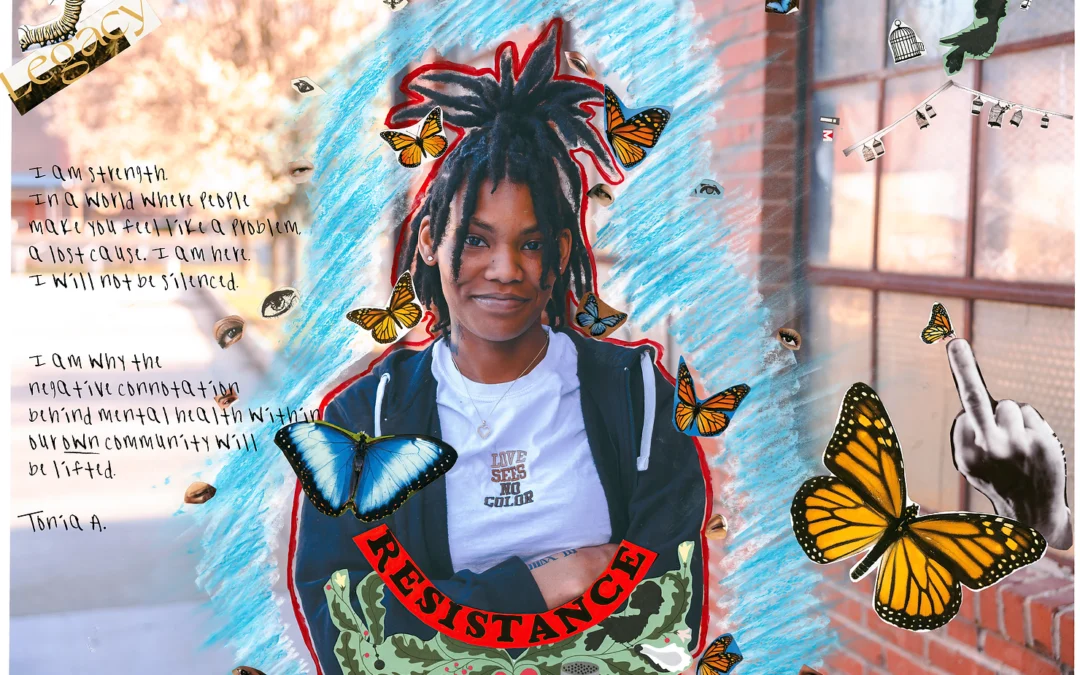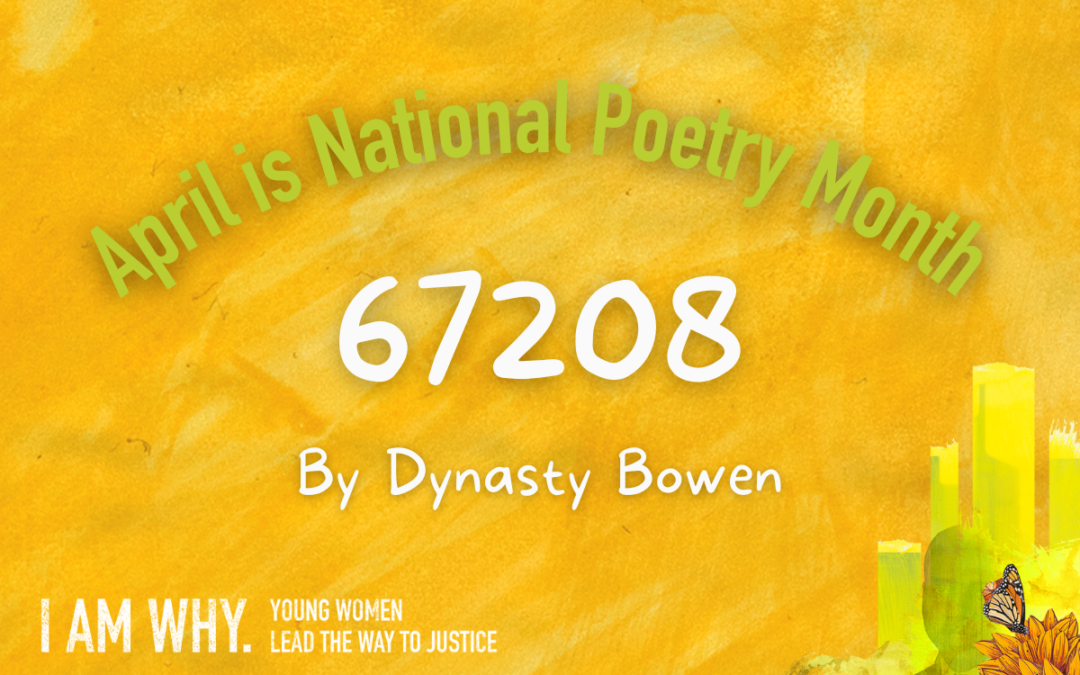Part 1: Modern day genocide, they are doing this all over again to us.
ICWA (Indian Child Welfare Act) helps us fight to preserve the connection between a child and his or her tribe. If it is overturned by the U.S. Supreme Court, the children stand to lose so much more: They will lose their connection to their community, their tribe, their culture.
Traditions are sacred.
We are two Indigenous young women, both mothers. We have chosen to raise our children with traditional values, and to have them learn their traditional language.
Here’s Mirah’s story. Check out part two of this blog for Clarissa’s story.
I live in Ohkay Owingeh Pueblo, a reservation located in New Mexico. I have two children, a son who is four and a daughter who is a year and ten months. Growing up, I went to school on the reservation. I attended the Santa Fe Indian School for middle and high school. I have obtained an associate’s degree in Health Administration Services from Colorado Technical University’s Online Campus. I am currently attending the same campus to receive a bachelor of science in Business Administration with a concentration in Project Management. My family raised me to participate in tribal activities and appreciate what traditions were being shared with me. I’ve regularly participated within the community, up until the pandemic. I participate in a dance group to share my culture with the outside world whenever I get the chance.
When my grandfather started his family in the late 1970s, he felt compelled to practice his traditions. He taught the practices he learned to his children and grandchildren. He taught his family how important it is to grow up involved in their community and how impactful it can be within the everyday life of Indigenous peoples. The depth of appreciation for a Tribe’s traditions runs throughout a community because the emotional connection between each tribal member heals what isn’t shared. When a member of our community had a challenge—emotional or physical—the whole community would gather and help that individual heal, through our traditions and songs.
I am choosing to pass my Tribe’s traditions, stories and language down to my children because my grandfather and mother taught me the importance of holding these things close to my heart. The music heard, language and stories you hear, and foods you cook have emotion embedded into the ways they’re displayed. These values are instilled in you from birth and nourished throughout development, thus surrounding every Indigenous Tribe with a magic of culture. My grandfather was raised off of the reservation and when he chose to start his family, they settled down in a house he built for them. My mother made me participate in our tribal traditions at a young age because she wanted to teach me how relevant certain practices could be in everyday life.
These traditions and practices are being attacked once again. Read part two of this blog to learn more and to hear from Clarissa, another young Indigenous mother in I Am Why who is fighting to preserve her culture for her children.
-Mirah and Clarissa, I Am Why consultants




